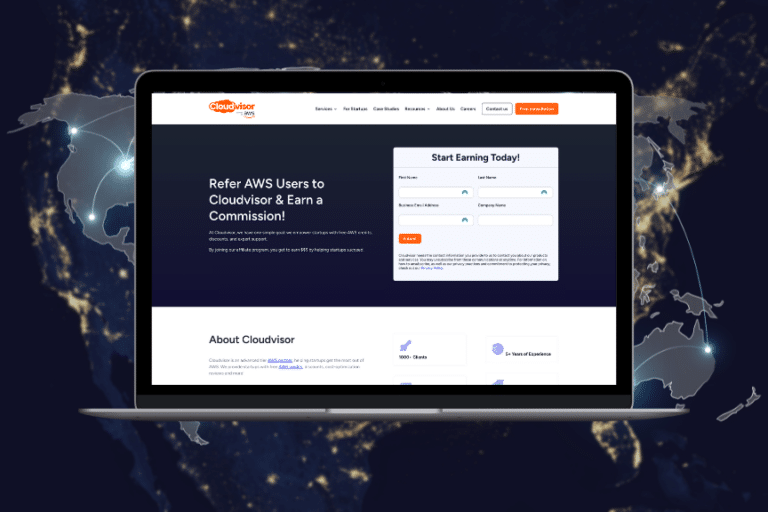Cloud computing has fundamentally changed the way businesses access technology services. With the cloud, companies no longer need to maintain costly physical infrastructure as they can leverage scalable, flexible services provided over the Internet. This article explores the upcoming trends in cloud computing and how they will continue to shape industries.
Table of Contents
Introduction to Cloud Computing
Cloud computing delivers essential services such as storage, networking, and analytics over the Internet. The concept, tracing back to the 1950s with developments over the decades, has evolved into a robust platform supporting a wide range of applications. It has democratized access to powerful computing resources, enabling organizations of all sizes to benefit from enterprise-level technology.
Recent Developments and Growth
The last decade saw a significant surge in cloud adoption, influenced by factors like cost efficiency, enhanced collaboration, and disaster recovery capabilities. The rise of remote working has further accelerated this trend, pushing more businesses to adopt a cloud-first approach. This shift is not just about technology adoption but a fundamental change in business culture and strategy. Companies now view cloud technology as an IT expense and a critical enabler of their business operations.
Key Trends in Cloud Computing
Hybrid and Multi-Cloud Strategies
As businesses strive to optimize their IT environments, hybrid and multi-cloud strategies are becoming increasingly popular. This approach allows companies to distribute their workloads across various cloud platforms, minimizing the reliance on a single provider and enabling a more resilient infrastructure. The strategic use of multiple clouds can optimize costs and enhance performance by allowing businesses to choose the most suitable cloud services from different providers based on the specific technical requirements or cost-effectiveness of each task. Furthermore, hybrid models combine the security of private clouds with the scalability of public clouds, offering businesses a balanced solution that supports dynamic needs while maintaining control over sensitive data.
Edge Computing
Edge computing is rapidly gaining traction as it brings computation and data storage closer to the location where it is needed, improving response times and saving bandwidth. This trend is particularly beneficial for industries such as manufacturing, retail, and healthcare, where immediate data processing is critical. By processing data locally, edge computing can significantly reduce latency for real-time applications like IoT devices, smart sensors, and autonomous machinery. It also enhances the overall performance of applications by alleviating the load on central data centers and reducing transit times to and from the cloud.
Increased Focus on Cloud Security
With the increasing prevalence of cloud solutions, security remains a top concern. Organizations are bolstering their cloud environments through advanced security protocols, dedicated cybersecurity teams, and continuous monitoring systems to safeguard sensitive information against breaches and cyber threats. Moreover, regulatory compliance has become a driving force in shaping security practices. Businesses are not only adopting more rigorous data protection measures but also ensuring that their cloud providers meet stringent standards such as GDPR, HIPAA, and other national or international regulations to manage and protect personal and corporate data effectively.
Cloud and Emerging Technologies
The fusion of cloud computing with cutting-edge technologies like artificial intelligence (AI) and machine learning (ML) is revolutionizing business operations. Cloud platforms equipped with AI capabilities are enabling businesses to unlock powerful insights from their data. These intelligent systems can analyze vast amounts of information quickly and with high accuracy, leading to more informed decision-making and predictive analytics. Additionally, machine learning models hosted in the cloud are accessible to a broader range of businesses, reducing the barrier to entry for implementing advanced data analysis techniques. This synergy not only enhances operational efficiency but also fosters innovation by automating complex processes and personalizing customer experiences.
Business Applications and Impact
Cloud computing is not just a technology upgrade; it’s a strategic asset that can redefine how businesses operate. From increasing efficiency to enabling innovation, the cloud holds the key to a range of business improvements, such as:
Scalability
Cloud services offer businesses the ability to scale operations quickly and efficiently, responding to market demands without the burden of heavy investments in physical infrastructure.
Agility
With cloud computing, businesses can launch new products and services swiftly, staying ahead of the competition in today’s fast-paced market.
Future of Cloud Computing: Predictions
The future of cloud computing looks promising, with continuous advancements expected in areas like serverless computing, AI integration, and more pervasive use of the IoT. These technologies will drive further efficiency and open new avenues for business innovation.
Conclusion
The trajectory for cloud computing continues upward, with no signs of slowing down. As businesses increasingly rely on cloud-based solutions, staying updated on the latest trends and technologies will be crucial. Investing in cloud education and embracing these advancements will be key to leveraging the full potential of cloud computing. Cloud computing continues to be a critical component of digital transformation strategies. As we look towards the future, understanding and adopting cloud technology will be essential for businesses seeking to maintain competitive advantage and operational efficiency.






